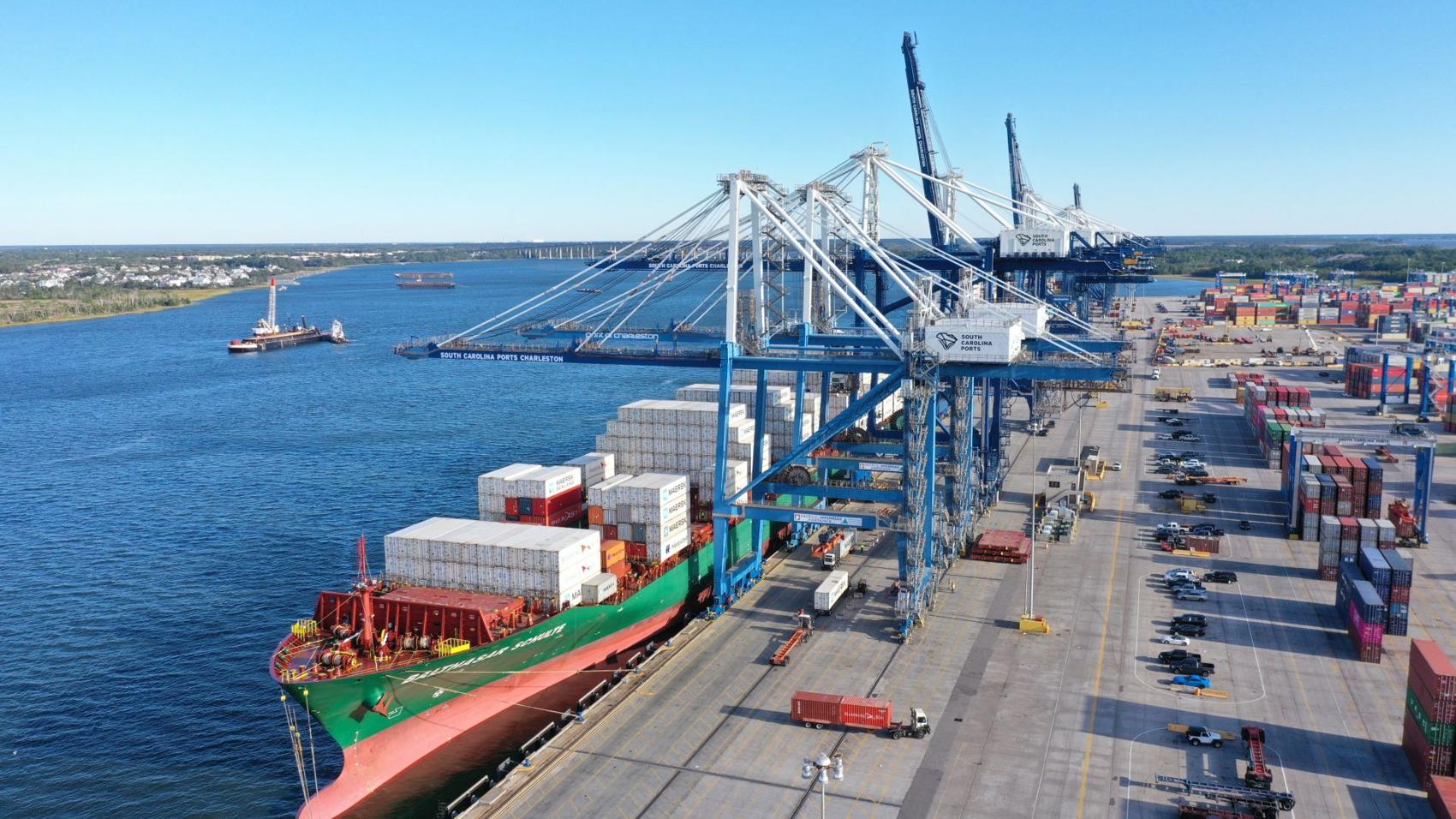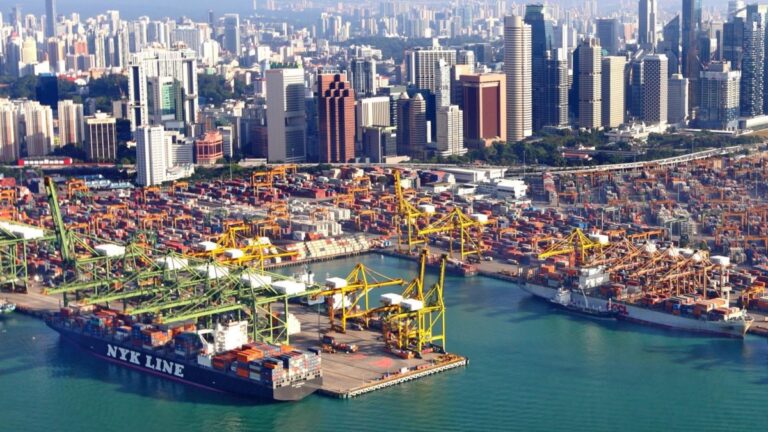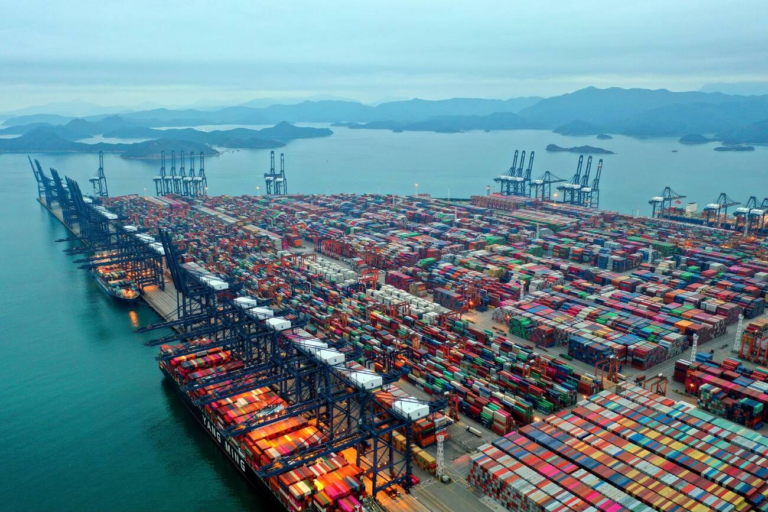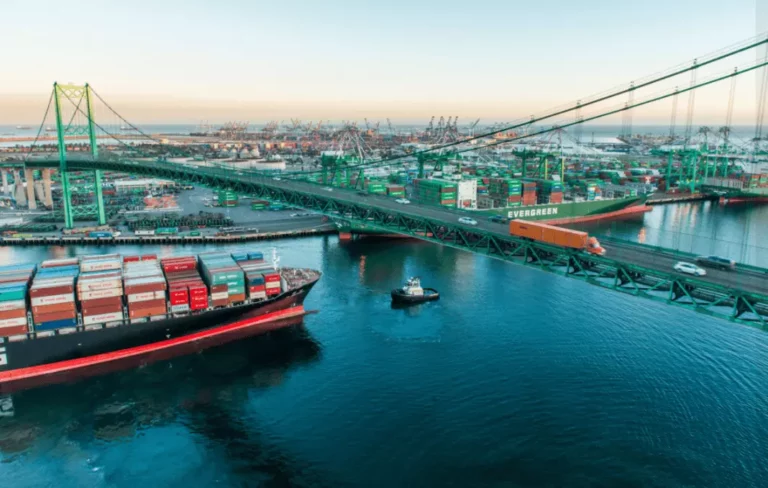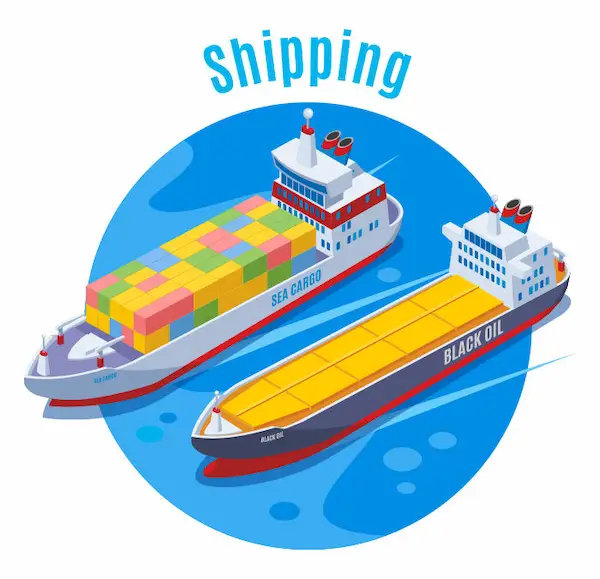The Port of Charleston: A Maritime Jewel of the American South
Nestled along the picturesque coastline of South Carolina, the Port of Charleston exudes a timeless charm that complements its status as a vital maritime gateway. With a history that spans centuries, Charleston’s port has evolved into a dynamic and efficient hub for international trade, attracting global businesses and fostering economic growth in the region. In this blog, we will embark on a journey to explore the rich heritage, modern infrastructure, economic significance, sustainability efforts, and unique character of the Port of Charleston.
A Tapestry of History and Heritage
The roots of the Port of Charleston trace back to the 17th century when the city was established as a vital port for colonial trade. Over the years, Charleston’s strategic location along the Atlantic Ocean, coupled with its deep-water harbor, made it an essential hub for the shipment of rice, cotton, and other commodities. The city’s historical significance is evident in its charming architecture, cobblestone streets, and well-preserved landmarks, which continue to draw tourists from around the world.
From its early role in the colonial era to its contributions during the American Revolution and Civil War, the Port of Charleston stands as a living testament to the rich tapestry of American history.
Modern Infrastructure for Global Trade
Today, the Port of Charleston boasts a modern and efficient infrastructure that caters to the needs of a rapidly evolving global trade landscape. The Wando Welch and North Charleston terminals, operated by the South Carolina Ports Authority, are equipped with advanced technology and equipment that streamline cargo handling and optimize operational efficiency.
The port’s strategic location near major shipping routes allows it to easily connect with markets in Asia, Europe, and Latin America. With deep harbor channels, the Port of Charleston accommodates large container vessels, enhancing its appeal to major shipping lines and global businesses.
Powering Regional and National Economies
As a pivotal player in the Southeastern United States, the Port of Charleston plays a central role in driving regional and national economies. Its strategic location enables efficient connections to major industrial centers and consumer markets in the southeastern region. Charleston’s port serves as a critical gateway for industries such as automotive, aerospace, manufacturing, and agriculture, facilitating the import of raw materials and the export of finished products.
The port’s economic impact extends far beyond its immediate borders. Charleston’s maritime activities generate thousands of jobs and contribute significantly to the local and regional economies. Moreover, the port’s role in supporting international trade enhances America’s competitiveness in the global market.
Environmental Stewardship and Sustainability
The Port of Charleston is committed to environmental stewardship and sustainability. Recognizing the importance of responsible practices, the port actively invests in green initiatives and technologies to minimize its ecological footprint.
Charleston’s port has implemented energy-efficient programs, reduced emissions, and optimized waste management to promote a cleaner and greener maritime environment. The South Carolina Ports Authority collaborates with industry partners and stakeholders to foster a culture of sustainability, ensuring the port’s operations align with eco-friendly practices.
A Unique Blend of Culture and Commerce
Beyond its economic significance, the Port of Charleston adds a unique blend of culture and charm to the maritime industry. The city’s welcoming spirit and warm hospitality make it a sought-after destination for international visitors and tourists.
The port’s distinct connection to Charleston’s rich cultural heritage and vibrant arts scene create an ambiance that is both dynamic and inviting. Visitors have the opportunity to explore historical landmarks, indulge in southern cuisine, and enjoy the city’s renowned hospitality.
Cargo Volume
The Port of Charleston is a major maritime hub that handles a substantial volume of cargo each year, making it one of the busiest ports on the eastern coast of the United States. Annually, the port processes millions of TEUs (twenty-foot equivalent units) of containerized cargo, reflecting its significance as a crucial link in the global supply chain.
The port’s strategic location along the Atlantic Ocean and its deep-water harbor allow it to efficiently handle large container vessels, attracting major shipping lines and facilitating trade with international markets. With a network of modern terminals and advanced cargo-handling equipment, the Port of Charleston ensures swift and seamless movement of various commodities, ranging from consumer goods and machinery to raw materials and perishables.
Top Imports and Exports
The Port of Charleston handles a diverse range of imports and exports, underscoring its role as a key player in America’s international trade.
Top Imports:
Consumer Goods: Charleston’s port is a major entry point for consumer goods, including electronics, apparel, and household items, meeting the demands of American consumers.
Automotive and Auto Parts: As a significant hub for automobile imports, the port handles a substantial volume of vehicles and automotive components, supporting the automotive industry.
Industrial Machinery and Equipment: Charleston’s port facilitates the import of industrial machinery and equipment vital for various manufacturing and infrastructure projects.
Top Exports:
Agricultural Products: The port is a vital export gateway for agricultural commodities such as soybeans, grains, and poultry products, contributing to America’s status as a leading food exporter.
Forest Products: Charleston’s port plays a crucial role in exporting wood and forest products, including timber and paper, serving international markets.
Chemicals and Plastics: The port handles a significant volume of chemical and plastic exports, catering to global demand for these essential materials.
Security and Compliance
Security and compliance are top priorities for the Port of Charleston to ensure the safety and integrity of its operations. The port adheres to stringent security protocols mandated by the U.S. Coast Guard and the Customs and Border Protection (CBP) to safeguard against potential security threats.
The port’s security measures include comprehensive cargo screening, vessel inspections, and access control to restricted areas. By closely collaborating with law enforcement agencies and industry partners, the Port of Charleston maintains a robust security framework, instilling confidence in stakeholders and ensuring smooth and secure operations.
In terms of compliance, the port diligently follows international regulations and standards related to customs procedures, safety, and environmental protection. Charleston’s commitment to compliance ensures responsible cargo handling and transparent trade operations.
Interesting Facts about the Port of Charleston:
The Port of Charleston is one of the oldest ports in the United States, dating back to its founding in 1670.
The Arthur Ravenel Jr. Bridge, a prominent landmark in Charleston, spans the Cooper River and provides a stunning view of the bustling port.
Charleston’s port has been recognized for its commitment to sustainability, implementing initiatives to reduce emissions and conserve energy.
The port’s Union Pier Terminal, located in the historic downtown area, provides a unique blend of maritime activities and cultural experiences for visitors.
Charleston is a popular destination for cruise ships, welcoming thousands of passengers annually to explore the city’s rich history and southern charm.
The Port of Charleston’s strategic location allows for efficient connections to major markets in the Southeastern United States, positioning it as a preferred gateway for industries across the region.
Charleston’s port actively collaborates with neighboring ports and inland transportation networks, fostering seamless intermodal connections for efficient cargo movement.
The Port of Charleston stands as a maritime jewel of the American South, intertwining a rich history with modern efficiency and a commitment to sustainability. As a vital conduit for global trade, the port continues to power regional and national economies, while its unique blend of culture and commerce creates a captivating allure for visitors. Charleston’s port is a testament to the enduring legacy of maritime excellence, firmly rooted in its past while confidently navigating towards a prosperous and sustainable future.
